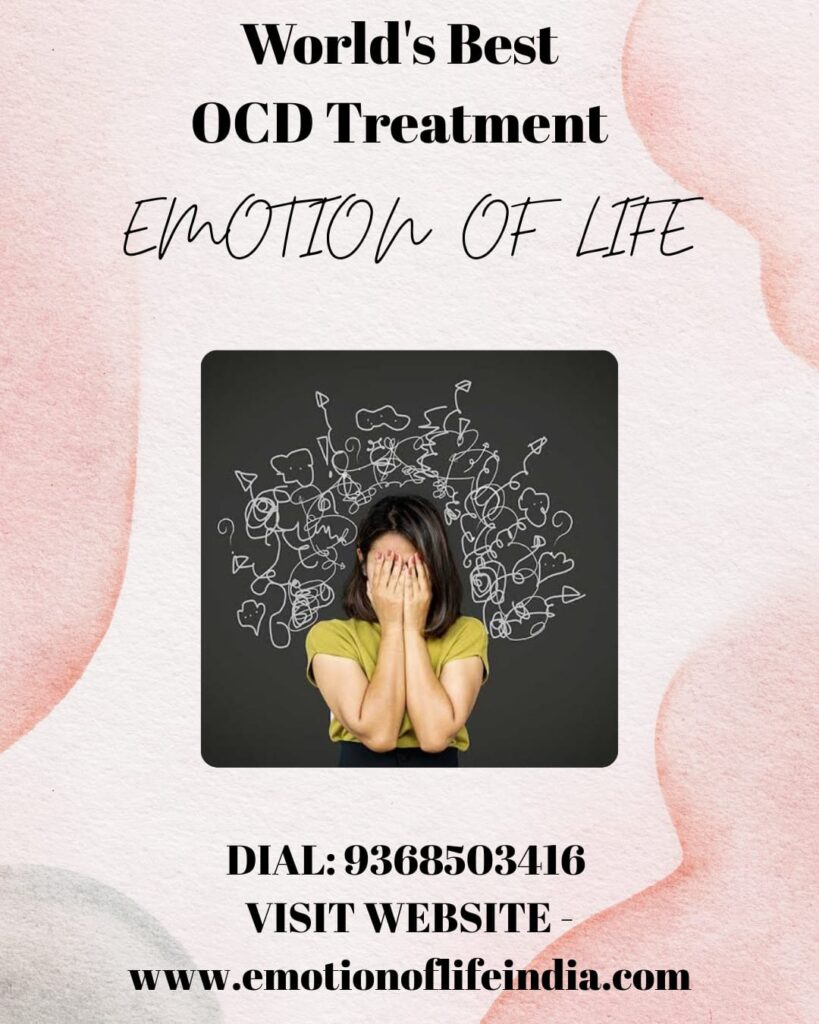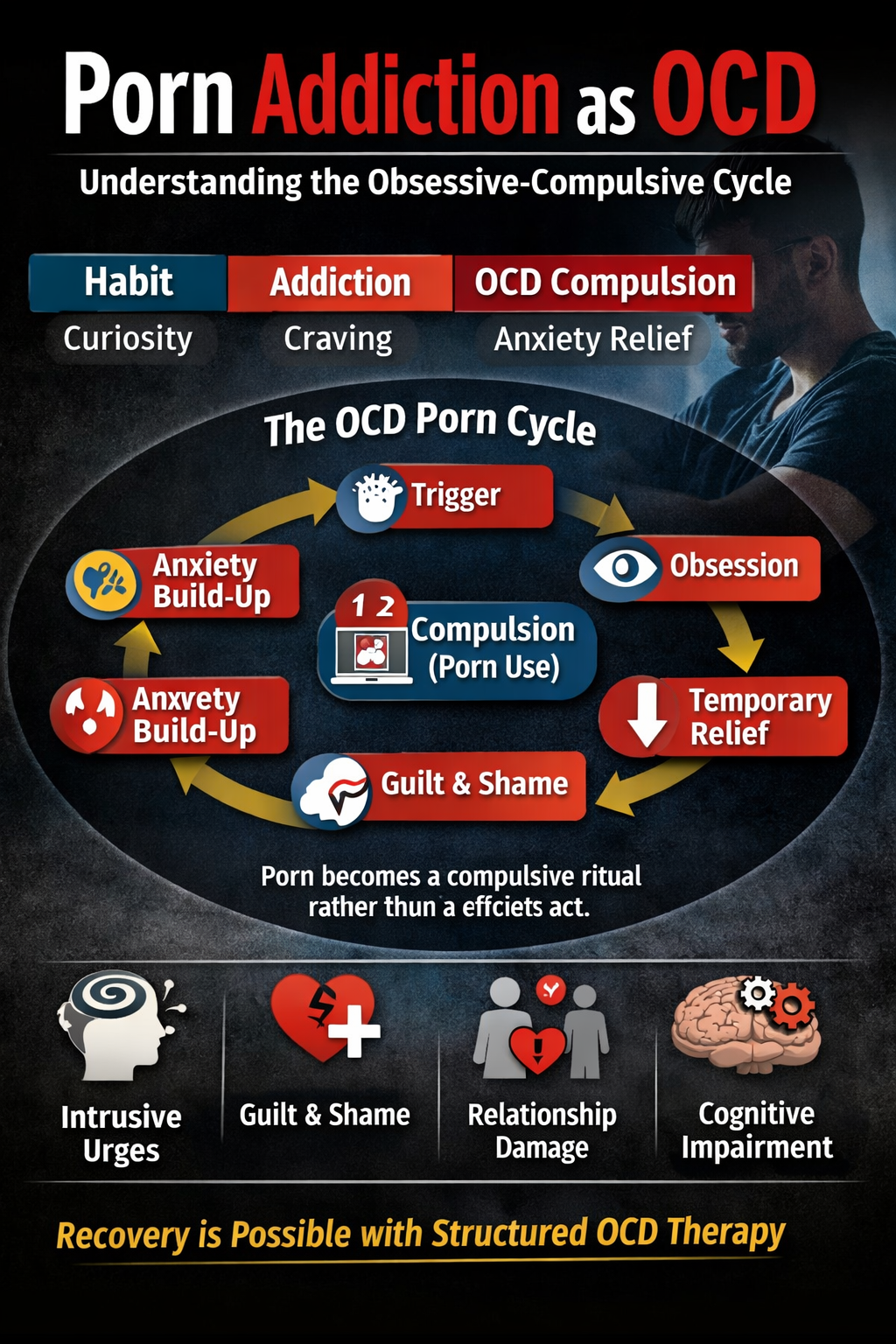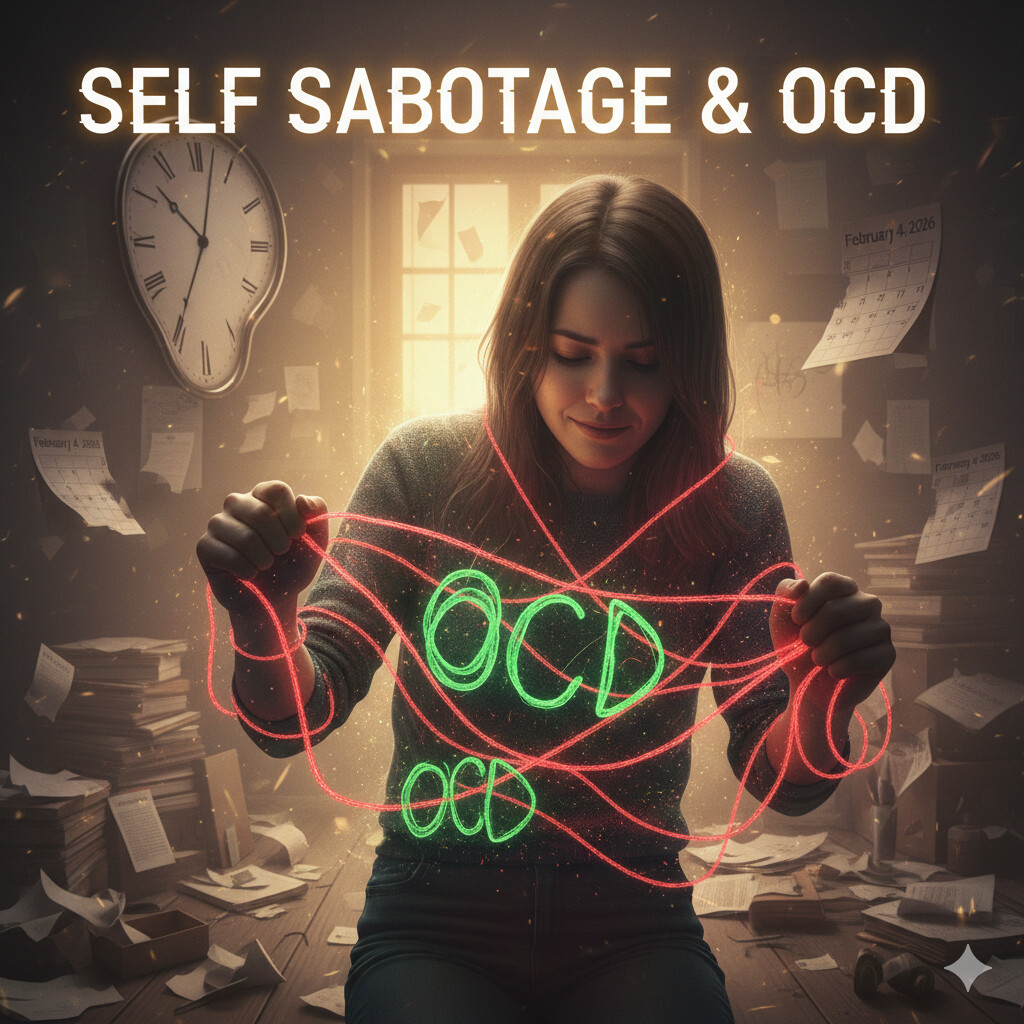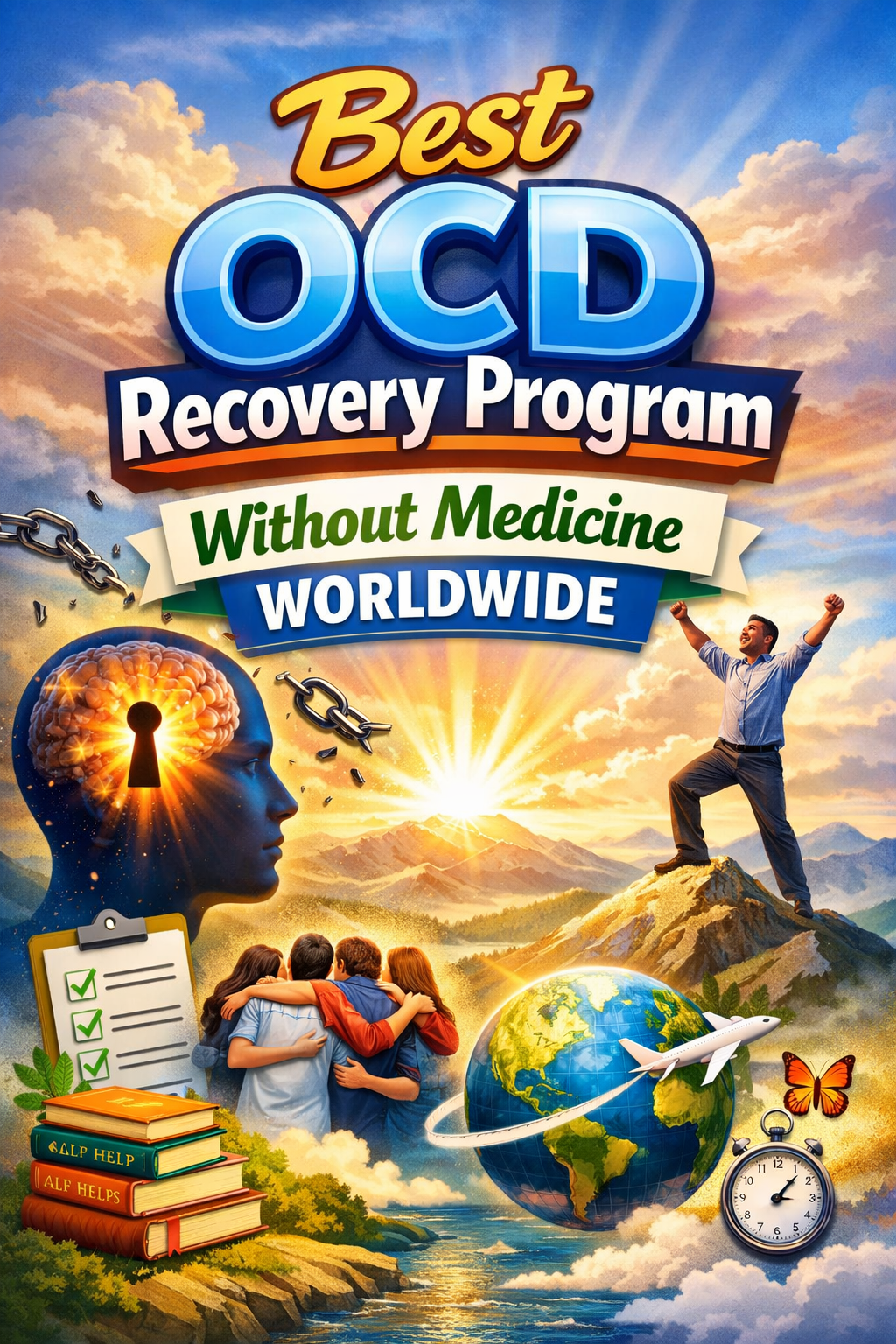PSYCHOANALYTIC THERAPY FOR OCD: Exploring the Unconscious Roots of Obsessive-Compulsive Disorder
Obsessive-Compulsive Disorder (OCD) is a complex and often debilitating mental health condition characterized by intrusive thoughts (obsessions) and repetitive behaviours (compulsions). While Cognitive-Behavioural Therapy (CBT) and medication remain the most commonly recommended treatments, psychoanalytic therapy provides a deeper and more interpretative approach—focusing on the unconscious mind and the emotional roots of obsessive-compulsive patterns.
Originally developed by Sigmund Freud, psychoanalytic therapy seeks to uncover the unconscious thoughts, desires, and unresolved conflicts that influence current behaviour. From this perspective, OCD symptoms are seen as defence mechanisms—ways the mind manages unconscious conflicts, fears, or desires that feel unacceptable or overwhelming.
Instead of focusing only on symptom reduction, psychoanalytic therapy explores why those symptoms developed in the first place—offering insight, self-awareness, and long-term emotional transformation.
Key Principles of Psychoanalytic Therapy for OCD
1. Exploration of Unconscious Conflicts
The therapist helps the individual identify and explore unconscious conflicts, anxieties, and desires that fuel obsessive thoughts and compulsive behaviours. These inner conflicts often originate from early developmental experiences and continue to influence behaviour unconsciously.
2. Childhood Experiences and Trauma
Childhood experiences, relationships with caregivers, and early traumas are examined to understand how they shape emotional development. Unresolved guilt, fear, or control issues from childhood can later manifest as OCD symptoms in adulthood.
3. Defence Mechanisms and Coping Strategies
OCD behaviours are seen as defence mechanisms that protect the individual from confronting deeper, more painful emotions. The therapist helps the person recognize how compulsions serve as coping strategies—and guides them to healthier ways of processing underlying fears.
4. Transference and Countertransference
The therapeutic relationship itself becomes a mirror for unconscious dynamics. Through transference (the client’s projection of past emotional experiences onto the therapist) and countertransference (the therapist’s emotional responses), deeper emotional patterns are revealed and worked through safely.
Core Techniques Used in Psychoanalytic Therapy
Free Association
The client is encouraged to speak freely about thoughts, feelings, and memories without censoring themselves. This process helps bring unconscious material to the surface and uncovers emotional connections between seemingly unrelated experiences.
Dream Analysis
Dreams are explored for their symbolic meanings. The therapist helps interpret the latent content of dreams to uncover repressed thoughts and emotional conflicts related to OCD symptoms.
Exploration of Resistance
Clients may unconsciously resist certain discussions or insights. The therapist helps identify and work through this resistance—viewing it as a clue to underlying fears or conflicts that need resolution.
Interpretation
The therapist offers interpretations linking the client’s unconscious conflicts, emotions, and defence mechanisms to their OCD symptoms. This fosters greater understanding and emotional integration.
Benefits of Psychoanalytic Therapy for OCD
- Deeper Understanding of Unconscious Conflicts: Helps clients uncover the emotional roots of their OCD, moving beyond surface-level symptom management.
- Long-Term Emotional Growth: Offers lasting benefits through insight, emotional awareness, and improved coping capacity.
- Improved Emotional Regulation: Clients learn to tolerate anxiety and uncertainty without resorting to compulsive behaviours.
- Increased Self-Awareness: Enhances personal insight, allowing individuals to understand their emotional motivations and relational patterns.
How Psychoanalytic Therapy Complements Modern OCD Treatment
While psychoanalytic therapy may not be as widely researched as CBT or ERP for OCD, it can be an effective complementary or alternative approach for those seeking to understand the emotional depth of their condition. Some clients benefit from integrating psychoanalytic insight with behavioural techniques, combining the best of both worlds—emotional awareness and practical coping skills.
Conclusion
Psychoanalytic therapy offers a profound and introspective approach to OCD, emphasizing self-understanding over symptom control. By exploring the unconscious roots of anxiety, fear, and control, individuals can achieve not only relief from symptoms but also deeper personal transformation. While it may not be the first-line treatment for everyone, for those seeking to uncover the psychological and emotional foundations of their OCD, psychoanalytic therapy can provide long-term healing, resilience, and emotional freedom.
As with any treatment approach, it’s essential to work with a qualified and experienced therapist who understands both OCD and psychoanalytic principles.











